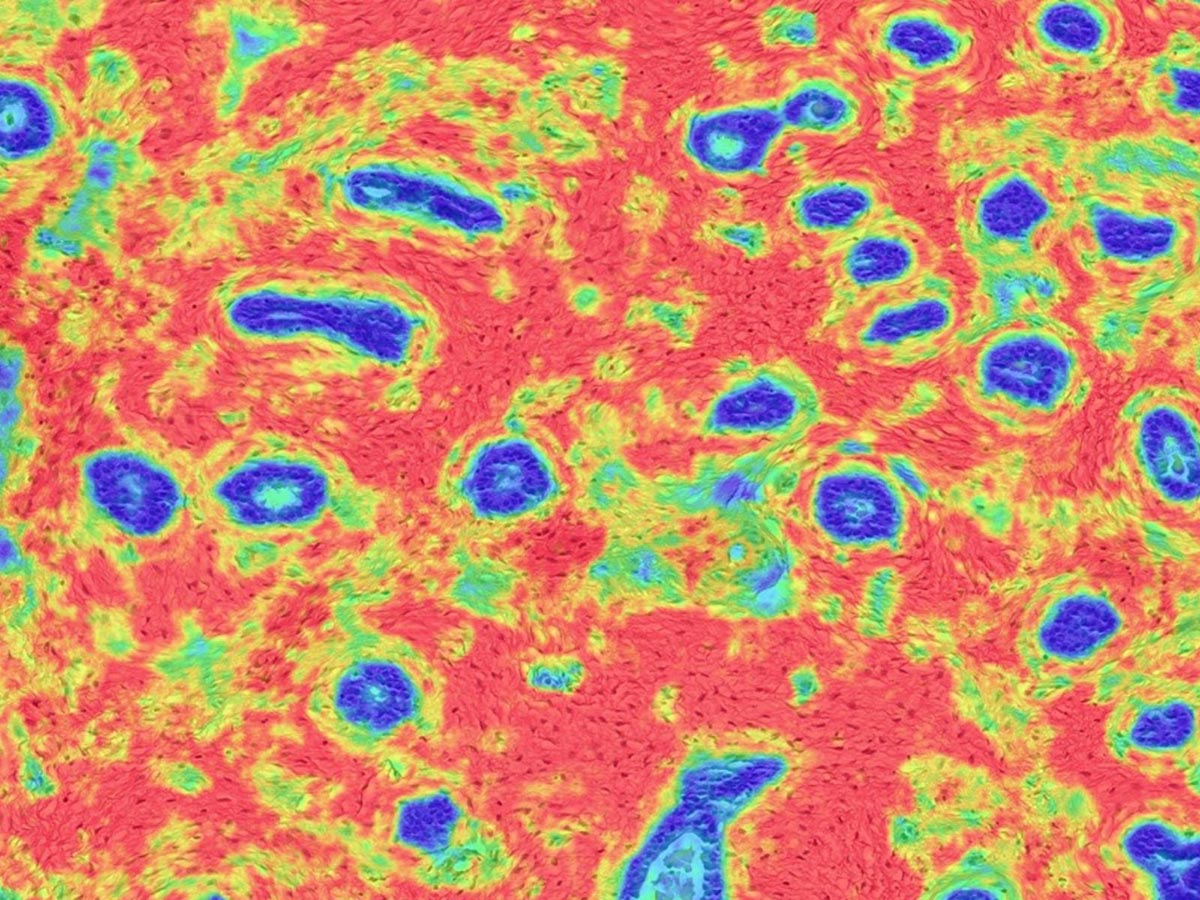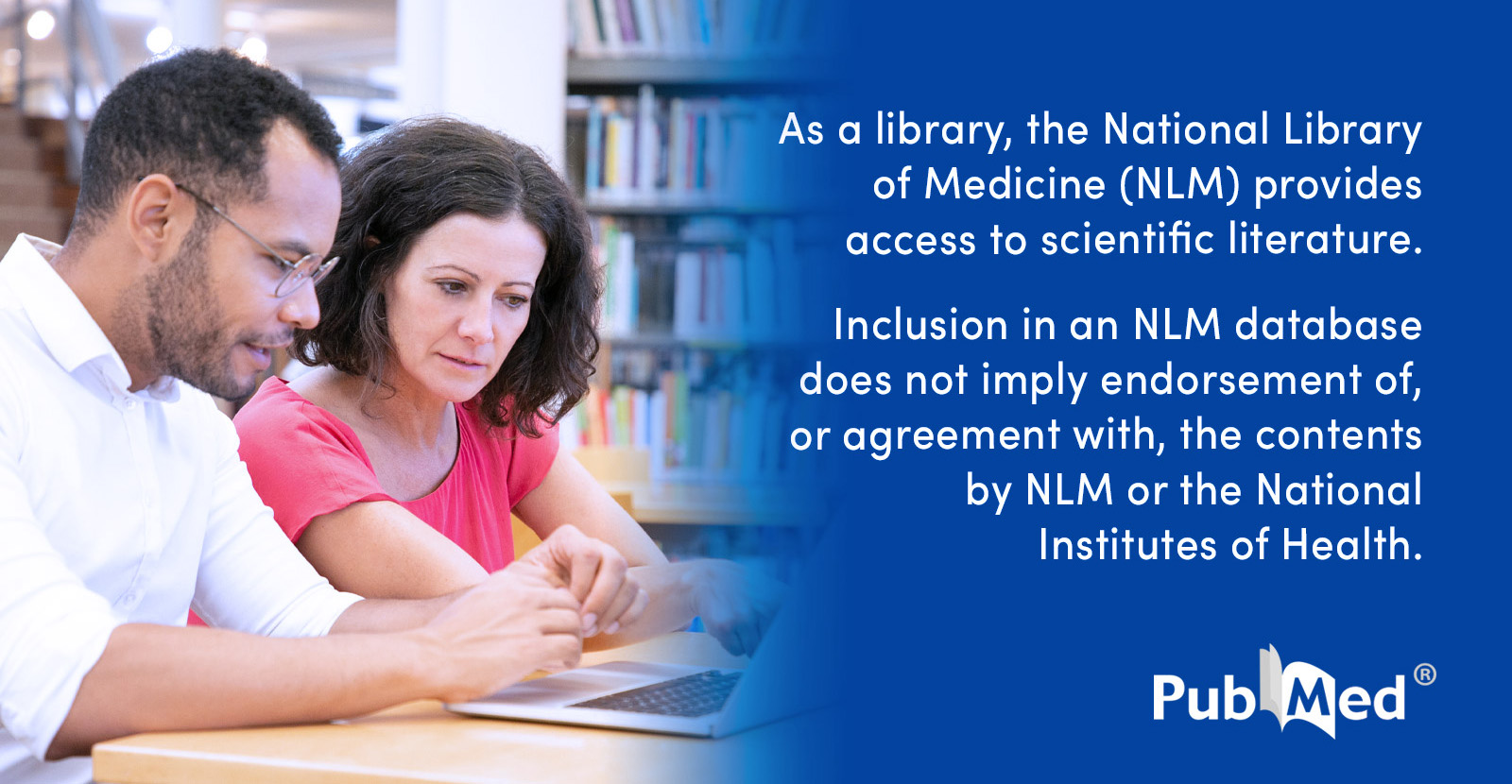Disseminated Cryptococcosis After Liver Transplant: A Case Report.
Autor: Díaz-Ramírez, Gabriel Sebastián; Martínez-Casas, Omar Yesid; Marín-Zuluaga, Juan Ignacio; Muñoz-Maya, Octavio; Santos-Sánchez, Óscar; Ramírez, Isabel Cristina; Restrepo-Gutiérrez, Juan Carlos
Publication year: 2020
Experimental and clinical transplantation : official journal of the Middle East Society for Organ Transplantation
issn:2146-8427 1304-0855
doi: 10.6002/ect.2018.0051
Abstract:
Cryptococcosis is an opportunistic infection caused by the Basidiomycota Cryptococcus neoformans (Cryptococcus gattii), which affects immunosuppressed patients and less frequently immunocompetent patients. Solid-organ transplant recipients are a particularly high-risk group, depending on the net state of immunosuppression. In these patients, the infection usually appears after the first year after transplant, although it may occur earlier in liver transplant recipients. In most cases, the infection is secondary to the reactivation of a latent infection, although it may be due to an unidentified pretransplant infection by primary infection. Less frequently, it may be transmitted by the graft. The lung and central nervous system are most frequently involved. Extrapulmonary involvement is seen in 75% of the cases, and disseminated disease occurs in 61%, with mortality ranging from 17% to 50% when the central nervous system is involved. Here, we report a case of disseminated cryptococcosis (lymphadenitis, meningitis, pulmonary nodules, and possibly sacroiliitis) in a patient after liver transplant, with good clinical and microbiological outcomes and without relapse.
Language: eng
Rights:
Pmid: 30696395
Tags: Humans; Female; Adult; Treatment Outcome; Immunosuppressive Agents/adverse effects; Liver Transplantation/*adverse effects; Immunocompromised Host; Antifungal Agents/therapeutic use; Cryptococcosis/diagnosis/drug therapy/immunology/*microbiology; Lung Diseases, Fungal/diagnosis/drug therapy/immunology/*microbiology; Lymphadenitis/diagnosis/drug therapy/immunology/*microbiology; Meningitis, Cryptococcal/drug therapy/immunology/microbiology; Opportunistic Infections/diagnosis/drug therapy/immunology/*microbiology; Sacroiliitis/diagnosis/drug therapy/immunology/*microbiology
Link: https://pubmed.ncbi.nlm.nih.gov/30696395/








